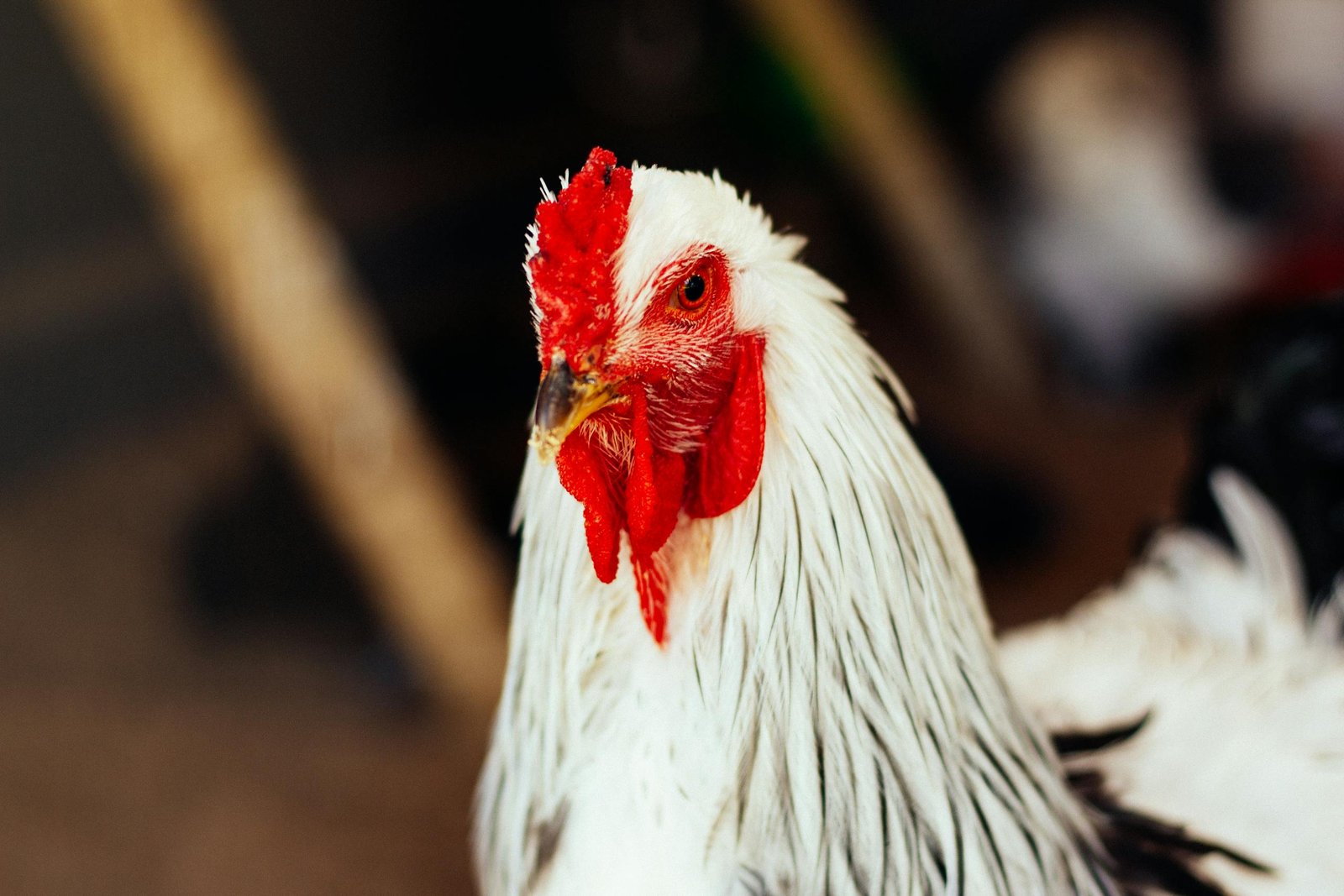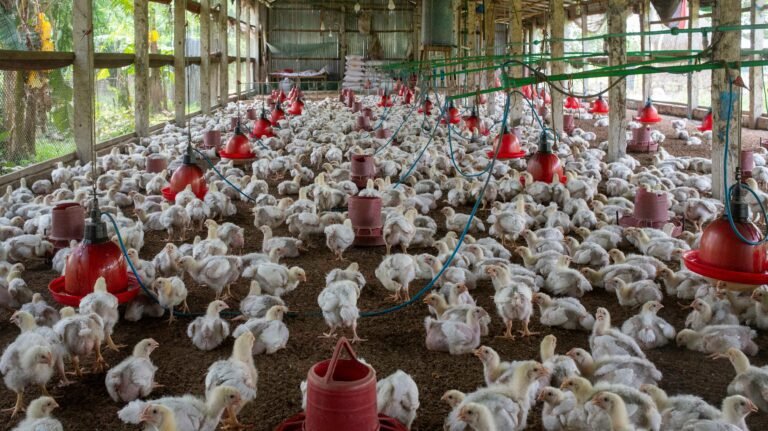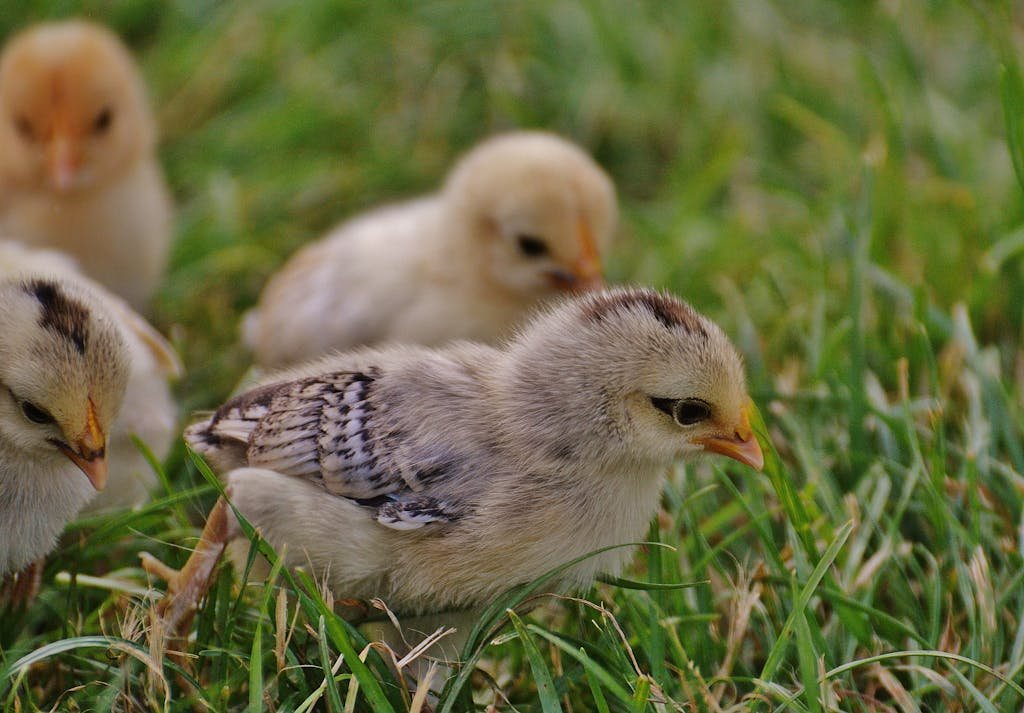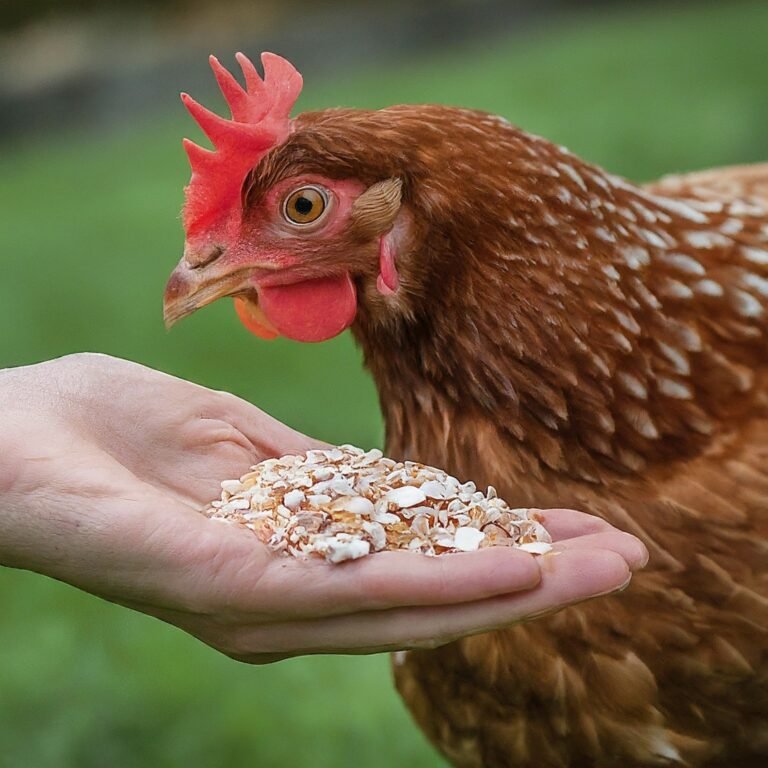Do Chickens Eat Their Poop?

Yes, chickens sometimes eat their own poop, a behavior known as coprophagy. While it may seem unappetizing to us, this behavior can have certain benefits and drawbacks for chickens. In this comprehensive guide, we will explore Do Chickens Eat Their Poop? Why do chickens engage in this behavior, what are its potential advantages and disadvantages, and how do you manage your flock to ensure their health and well-being?
Is Poop Disadvantageous for Chickens?
Nutritional Deficiencies
While poop can provide some nutrients, relying on it excessively can lead to deficiencies in essential vitamins and minerals that are not present in feces.
Disease and Parasite Risks
Chickens eating feces are at higher risk of contracting diseases and parasites, which can affect their overall health and productivity.
Behavioral Issues
Over-reliance on poop as a food source might indicate underlying issues such as stress, boredom, or inadequate nutrition.
Why Do Chickens Eat Their Poop?
Natural Behavior
Chickens, like many animals, sometimes eat their feces due to natural instincts. In the wild, this behavior can help them acquire additional nutrients and maintain gut health.
Nutrient Reabsorption
- Digestive Efficiency: Chickens have a relatively short digestive tract, meaning they might not fully absorb all nutrients during the first digestion.
- Vitamins and Minerals: Feces can contain undigested vitamins, like B vitamins, which chickens may instinctively try to reabsorb.
Environmental Factors
The environment plays a significant role in encouraging or discouraging this behavior.
Boredom and Stress
- Lack of Stimulation: Chickens kept in small or barren enclosures may turn to coprophagia out of boredom.
- Social Stress: Overcrowding can increase stress levels, leading to abnormal behaviors.
Dietary Imbalance
- Nutrient Deficiency: A lack of essential nutrients in their diet can prompt chickens to seek out alternative sources, including feces.
- Low-Quality Feed: Poor feed quality may not meet all nutritional needs, pushing chickens to eat their waste to supplement their diet.
Advantages of Chickens Eating Poop
Nutrient Absorption
- Enhanced Digestion: Chickens can access additional vitamins and minerals by re-digesting their feces, especially B vitamins and certain amino acids.
- Resource Efficiency: In environments where food resources are limited, this behavior can be advantageous for nutrient conservation.
Immune System Benefits
- Gut Health: Exposure to their own microbiota can bolster their immune system by promoting a healthy balance of bacteria in their digestive tract.
- Disease Resistance: A balanced gut flora may help chickens resist common illnesses and infections.
Disadvantages of Chickens Eating Poop
Health Risks
- Parasite Transmission: Eating feces can expose chickens to parasites like worms, which can lead to health problems.
- Disease Spread: Certain diseases, such as coccidiosis, can spread more easily when chickens consume contaminated feces.
Nutritional Imbalance
Toxin Buildup: If chickens ingest harmful substances present in their feces, it can lead to toxin accumulation in their bodies.
Overconsumption: Relying too heavily on feces for nutrients can lead to deficiencies if chickens are not getting enough from their regular diet.
How to Manage Coprophagia in Chickens
Managing this behavior involves addressing both dietary and environmental factors.
Improve Nutrition
A balanced diet can significantly reduce the likelihood of chickens eating their feces.
High-Quality Feed
- Nutrient-Rich Feed: Ensure that the feed contains all necessary vitamins and minerals.
- Supplementation: Consider adding supplements if deficiencies are suspected.
Fresh Water
- Hydration: Provide clean, fresh water to aid in digestion and nutrient absorption.
Enhance Environment
Creating a stimulating and stress-free environment can deter chickens from coprophagia.
Enrichment Activities
- Toys and Perches: Introduce toys, perches, and other items to keep chickens occupied.
- Foraging Opportunities: Allow chickens to forage naturally for insects and plants.
Proper Space
- Adequate Space: Ensure the coop and run are spacious enough to prevent overcrowding.
- Cleanliness: Maintain cleanliness to minimize exposure to feces.
Monitoring and Addressing Health Concerns
Regular monitoring and proactive health management can prevent coprophagia from becoming problematic.
Regular Health Checks
- Veterinary Visits: Schedule regular check-ups to monitor for signs of illness or parasitic infections.
- Observation: Keep an eye on behavior changes that may indicate stress or health issues.
Parasite Control
Implement a parasite control program to reduce the risk of reinfection.
- Deworming: Use appropriate deworming agents as recommended by a vet.
- Fecal Testing: Conduct fecal tests to monitor parasite levels in the flock.
Read Also: 15 Breathtaking Chicken Breeds
Closing Words
Understanding why chickens eat their poop is essential for effective flock management. While it may seem odd, this behavior often stems from natural instincts or environmental factors. By ensuring a balanced diet, providing an enriching environment, and maintaining regular health checks, you can minimize the risks associated with coprophagia and promote the overall health and well-being of your chickens.





